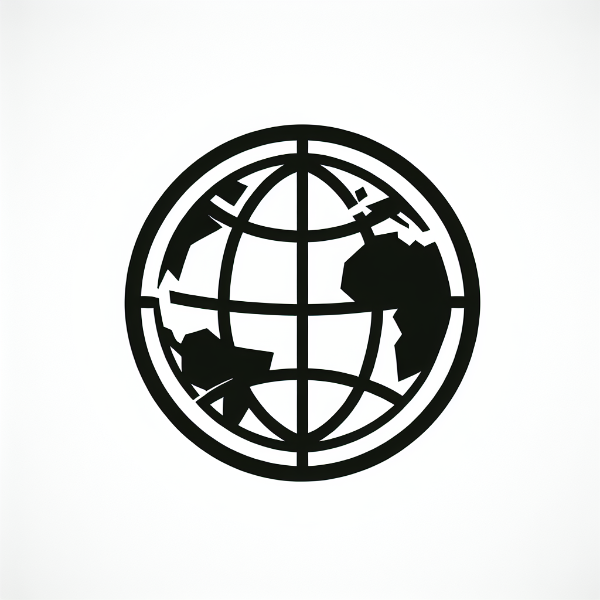Trump 2.0: The Rise of an ‘Anti-Elite’ Elite in US Politics
In the current political climate of the United States, the emergence of a distinct group of loyalists surrounding Donald Trump indicates a marked shift in governance. Much has been made of Trump’s campaign promises to dismantle what he labels the ‘corrupt elites’, yet his administration is now dominated by a new elite. This phenomenon, broadly referred to as Trump 2.0, complicates the narrative around elitism in governance, as political loyalty takes precedence over traditional qualifications or democratic values.
The New Political Elite: Loyalty Over Competence
The Political Landscape Post-Trump: A Rising Elite is changing the game in US politics as Donald Trump settles into a new phase of influence. His second term appears to have brought in a wave of loyalists who were destined to uproot the existing political biomass, what he terms as ‘corrupt elites.’ However, this so-called anti-elite manner of governance has ironically elevated a new cadre of elites, mainly chosen due to their allegiance to him, right when many thought they’d witnessed a transverse shift in power.
Ambitious Changes in Federal Governance
While most eyes are glued to Trump’s peculiar proposals, like making Canada the 51st state or his fixation with Greenland, the reality is far more pressing. This new political elite is launching a significant overhaul of federal governance. The Trump loyalists, especially those under the MAGA umbrella, find themselves well-placed within the Republican structure, given their control of key branches of government, including a right-leaning Supreme Court with three Trump-appointed judges, which favours their ideologies.
The Dynamics of Anti-Elitism and Populism
Diving deeper into Trump’s populism, the conundrum is not the battle against elitism per se, but rather the targeting of a specific elite found in traditional liberal democracies. By calling out the ‘elite’ rhetoric, leaders like Trump claim to represent the masses, presenting themselves as champions of the public. But is it really a grassroots movement, or merely the shifting of power from one elite to another? Political theorist John Higley warns that such anti-elite discourse is just a strategy benefitting a new elite that thrives on the chaos created by dismissing traditional democratic principles.
Exploring the Muskoligarchy Phenomenon
A curious term resurfacing in recent discussions is the so-called ‘Muskoligarchy,’ which refers to an emerging elite primarily centered around influential figures like Elon Musk and other tech moguls. Trump’s idea of a ‘Department of Government Efficiency’ headed by Musk illustrates an intersection of business leaders with political strategy, raising some questions. Are these changes paving the way for a new kind of governance heavily influenced by wealth and connections? Critics are wary of this emerging coalition, pointing out that unity among these elites is fragile, primarily held together by a shared loyalty to Trump rather than any substantial policy agenda.
Conspiracy Theories and the Reshaping of Governance
The Trump administration continues to frame its anti-elite stance around the notion of a ‘deep state’ that purportedly undermines the government’s essence. This belief, further perpetuated by figures like Kash Patel, has stirred up significant controversy, with calls for purging perceived disloyal elements from governmental ranks. This strategy hints at a brutal reshaping of governance that favours loyalists, which includes the recent appointments intended to pave the way for stringent purges of supposed elitism. Trump’s unwavering focus on government loyalty could lead to unsettling changes in how democracy functions moving forward.
Project 2025: Redefining Federal Roles
To further entrench their influence, the so-called ‘anti-elite’ elite are pushing forward with programs like Project 2025, an extensive initiative aimed at reshaping how government functions, ideally aligning civil servants with their ideological stance. This is not merely a refurbishing effort, but an active campaign to deconstruct traditional roles and re-establish an administration reflective of Trump’s ideals. Both past and present strategies indicate a clear ambition not just to eliminate but to transform a system long anchored in principles of democratic elitism into something markedly more populist.
What does ‘Trump 2.0’ refer to?
This phrase refers to a new political elite loyal to Trump, often replacing traditional elites in government positions.
How is the new elite perceived?
The idea is based on rallying support against perceived corrupt elites in favour of a new cadre of officials seen as more aligned with populist sentiments.
What is the ‘Muskoligarchy’?
The ‘Muskoligarchy’ refers to a coalition of tech leaders around figures like Elon Musk working closely with Trump, influencing governance and policy.
What is Project 2025?
This program aims to align federal civil service with political loyalty to Trump and includes comprehensive plans to reshape government roles.
What is the aim of the Trump administration’s anti-elitism?
Supporters believe it can rid the government of undue influence from a so-called ‘deep state’, while critics focus on the bureaucracy being politicised.




